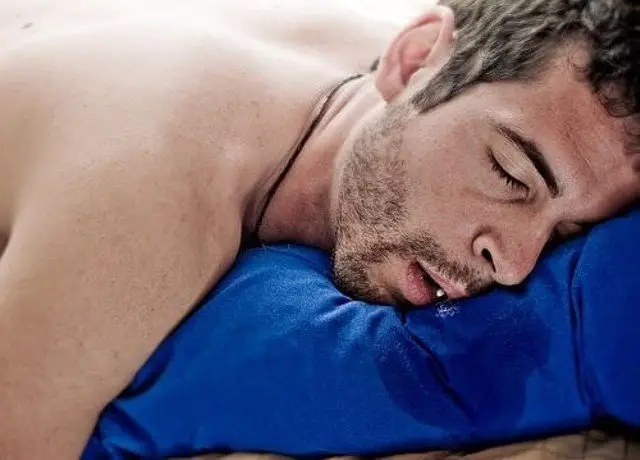One of the hot flashes that the person has when he is an adult. It is getting saliva when getting out of bed after sleeping and seeing the soaked pillow and more if you sleep accompanied by another person. That is known as drooling If this is your case, don’t worry. Drooling is a very common situation for almost all people. Since with the lifestyle that many have, doing a little of everything on a day-to-day basis. They go to bed tired and when the moment of relaxation arrives, the muscles of the face and mouth also fall asleep and you stop swallowing saliva. Seizing that the excess of it escapes to the outside through the mouth. Producing these uncomfortable involuntary drooling or drooling, wetting everything around them. This case is also common in young children. Since they do not know how to control the muscles of the mouth and when they fall asleep peacefully, they go into a deep sleep. Referring to this, it is good to take this situation into consideration. And always place the baby at bedtime face down or side. Never upside down to avoid fatal accidents. It is good to limit in this article that if the salivation is excessive and you cannot control the drooling both asleep and awake. It is good to consult a specialist doctor to carry out progressive studies of the situation. And rule out any type of disease where the manifestation of saliva cannot be controlled. These diseases manifested in the person can be: Parkinson’s disease, autism, Ela or amyotrophic lateral sclerosis, cerebrovascular accidents, Down syndrome, multiple sclerosis, among others.

Basic recommendations to avoid drooling or drooling when sleeping.
If you want to eliminate this situation that many find embarrassing, here are some recommendations that you must follow to avoid drooling. And these are: Change your position at bedtime, that is, try to sleep by placing your head in a semi-vertical position, placing several pillows and sleeping on your back so that when the facial muscles relax, you do not look for your mouth to open and find better air flow. in the nose, which is where you should breathe. If you suffer from apnea and the doctor has already diagnosed it, try before going to sleep to connect to a breathing apparatus whose mask will facilitate the flow of oxygen. Take into account the body weight you are in, since fat limits breathing. Make sure that the pillows you use are anti-allergic and well-filled so that it stays in the proper position and does not sink with the weight and thus the head remains high. If you are taking antibiotics or antidepressants and sleep together, the ideal is for your partner to monitor your respiratory reaction since these medications usually have side effects and tend to produce more salivation. Being sick with the flu or being congested with mucus, logically the nostrils are blocked with mucus. It is good to have drops of saline solution or physiological solution on hand on the bedside table and apply a few drops before going to sleep. Rooms whose environments are dry make you fall asleep with your mouth open looking for oxygen, try to place a humidifier in the room before sleeping or taking a nap. Another option that we give you is to put an oral device before going to bed, as long as it is consulted by a dentist who will recommend the right one for your mouth.
Other suggestions that you can put into practice to avoid drooling.
Once the problem of why you drool has been detected. It’s good to put these other tips into practice to make it easier to fall asleep, whether it’s a nap during the day or getting into a deep sleep at night. Here are the possible solutions that are minimally invasive: Placing bandages around the jaw and head as if making a compress so that the mouth does not tend to open. Saliva suction machines are effective. Gargling with water and salt is effective. Avoid consuming dairy and grain-based products at dinner. Do not consume sugary products. Placing gauze between the cheeks and gums, this will help absorb the excesses and if the dentist suggests the sheets that they use, much better. There are other methods that are more invasive and require the intervention of a specialist doctor. And with your approval, you can proceed to perform surgery on the salivary glands. The application of Botox at the height of the parotid and the last but little recommended due to the side effects it leaves and this is the radiation that is applied to the salivary glands. This applies if the other suggestions above don’t fix the above problem.
